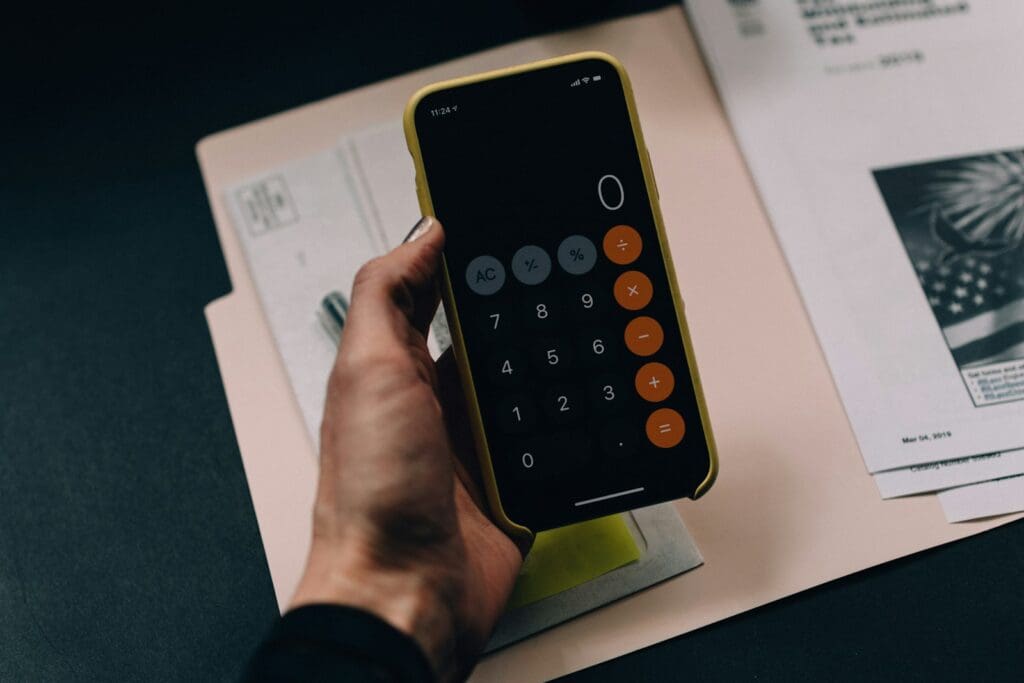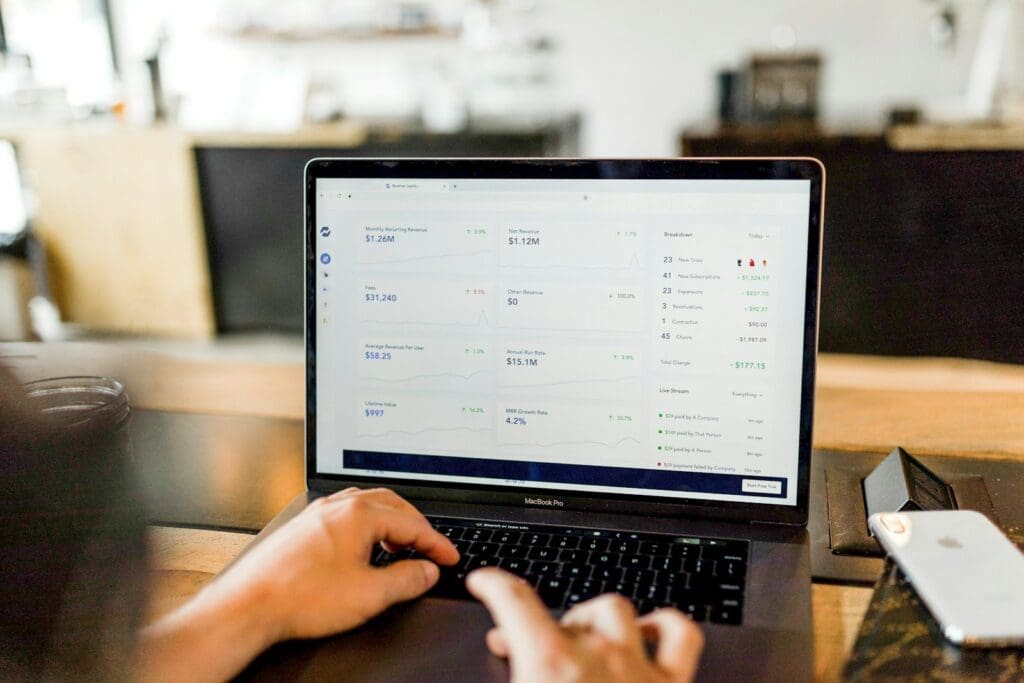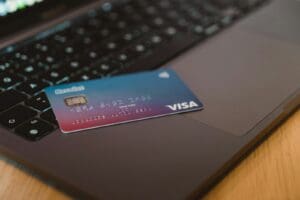Everything is pricey these days. It’s vital to take some steps to reduce your expenses so you can keep up without going into debt. Here are 15 ways to cut your monthly spending and get some cash back into your pocket!
Bust Open the Books

The first thing you need to do to get your spending under control is to break open the books and take a long, hard look at how you’re spending your money. Where does it all go? Be brutally honest with yourself and figure out what’s eating up your spending money.
Fixed Spending


Some things are fixed: your rent or mortgage, your car payment, your car insurance. You need a place to stay, so consider getting a roommate to help with the rent or mortgage. If you don’t need a car, consider selling it and saving money by using a bike or public transportation.
Variable Spending


Other spending is variable. Things like paying for your groceries, streaming services, phone bill, and so forth is all spending that’s pretty much not up for discussion. What you can do, though, is look for deals: coupons for groceries, streaming service discount bundles, and phone service from a smaller, cheaper competitor.
Discretionary Spending


Some spending is fully discretionary. Going out to a fancy restaurant to eat, buying luxury items, going to the movies. Don’t deny yourself the simple pleasures in life, but consider cutting back on these indulgences a bit to keep your finances under better control.
Make a Budget


Give every dollar a job before it ever hits your bank account. This will help you keep a good handle on what you should be spending and when. It will keep you from spending more than you earn, thus getting yourself into deeper financial trouble.
Electricity


You can cut your power bill down by using less electricity. Set your thermostat closer to the outside temperature, take shorter showers, and only run the dishwasher or washing machine when you have a full load. You’ll be surprised at how much these simple changes will save you.
Sustainability


You can also save money by going green. High-efficiency light bulbs last longer, public transportation is cheaper than a personal vehicle, and growing your own food keeps your grocery bills lower. Every little bit helps the planet and also your wallet!
Subscriptions


Get a handle on those subscriptions. Are you subscribed to streaming services you never watch? Cut them from your monthly budget. Don’t hang on to them thinking “oh what if I want to watch it someday?” Just stop spending money on something you won’t ever use.
Insurance Premiums


Drive carefully and stay healthy to get those insurance premiums down. Not only will safe driving and healthy habits help you live longer, they’ll help you enjoy more of your own money while you’re here! People who make risky decisions like smoking or driving recklessly pay far more for health and car insurance, respectively.
Housing Tips


If you rent, offer your landlord to fix your own issues for a break on the rent. If you own, look into getting your private mortgage insurance canceled if you’ve got more than 20% equity in your home. Either of these options will reduce your monthly housing bills and get you ahead of the curve.
Debt Consolidation


Do you have a lot of outstanding debts, like loans and credit cards? Don’t panic. Get a debt consolidation loan to pay them all off. This rolls them all into one loan and can usually get their interest rates much lower.
Debt Management Plans


You can also talk to a nonprofit organization that offers debt management plans. Many of these organizations have inroads with card issuers and can see about getting your payments lowered, your interest rates slashed, and getting your debt paid off faster. Really, the card company just wants something, they’re not opposed to working with you.
Cooking Meals


Yes, eating at restaurants is nice. However, you need to cook most of your meals at home if you want to keep from spending hundreds of dollars per week on food. Make a plan and stick to it. Cook meals for the week, meal prep to keep costs down, and freeze larger meals to heat up throughout the week.
Read More: 10 Things to Know Before You Refinance Your Mortgage
Shopping List


When you go to the store, make sure you have a shopping list. You’ve got meals planned for the week, so just buy the ingredients for those recipes. Don’t go off your list and buy all the snack foods that catch your eye: these are as bad for your health as they are for your wallet.
Read More: 20 Tips for Early Retirement
Cash Diet


Forget the credit cards and loans. Just use cash to buy anything you need. This will forcibly prevent you from spending on credit and will show you exactly how your money moves around. It’s much harder to authorize gigantic payments when you physically see the large sums of cash leaving your wallet or purse.
Read More: You Are Wasting Too Much Time Being Frugal









